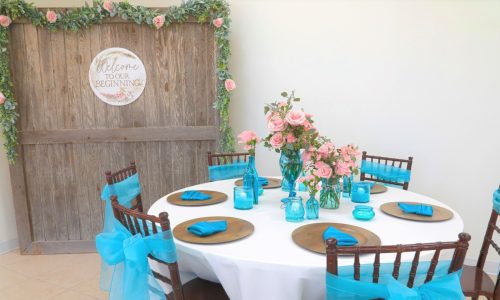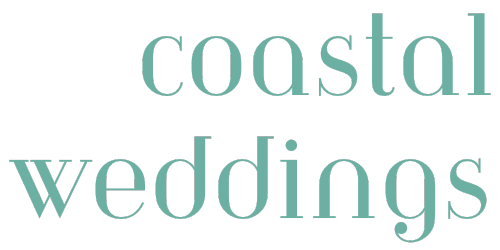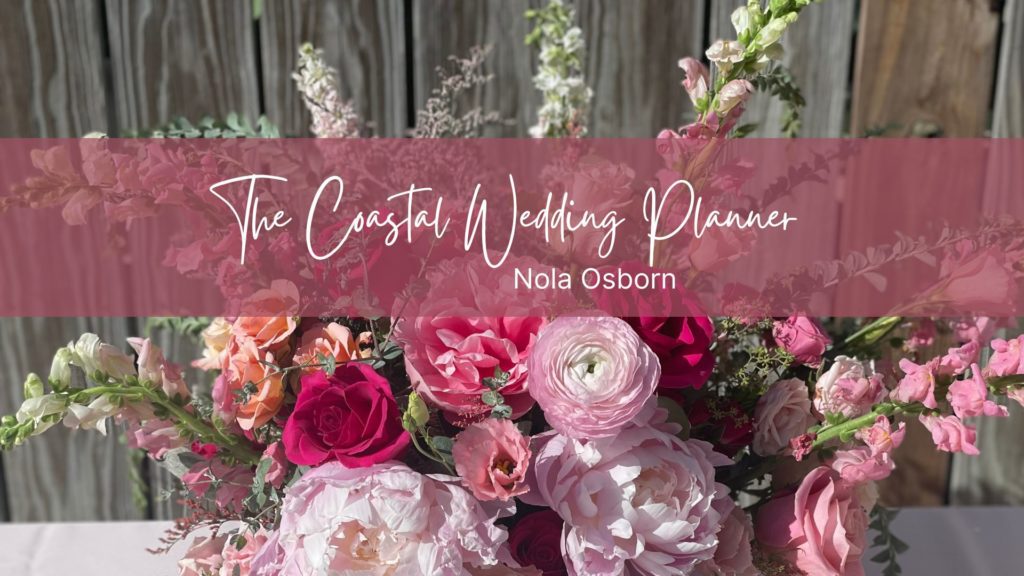
What is the Difference Between a Wedding Planner and a Venue Coordinator?
Planning a wedding involves many moving parts, and couples often rely on professionals to help bring their vision to life. Two key roles in this process are the wedding planner and the venue coordinator. While their responsibilities may overlap in some areas, understanding the difference between these two professionals can help ensure a smoother planning experience. Here’s a breakdown of their roles and how they contribute to your special day.
Wedding Planner
A wedding planner is a dedicated professional who oversees the entire wedding planning process, often starting months or even years in advance. They work closely with the couple to create a personalized wedding experience and manage every detail, big or small.
Key Responsibilities:
- Budget Management: Helping couples allocate their budget effectively and track expenses.
- Vendor Selection: Recommending, negotiating with, and coordinating vendors such as florists, caterers, and photographers.
- Design and Theme: Assisting in creating a cohesive wedding theme, including decor, color schemes, and overall ambiance.
- Timeline Creation: Developing a detailed timeline for the wedding day and ensuring everything runs on schedule.
- Problem-Solving: Addressing any unexpected issues that arise during the planning process or on the wedding day.
When to Hire a Wedding Planner:
Couples who want a hands-on partner to manage every aspect of their wedding or who are planning a complex event with many components will benefit greatly from hiring a wedding planner. They provide personalized attention and take the stress out of the planning process.
Venue Coordinator
A venue coordinator, on the other hand, works on behalf of the wedding venue and focuses primarily on ensuring that the venue’s operations are seamless. Their main priority is to represent the venue’s interests while supporting the couple’s event.
Key Responsibilities:
- Venue Logistics: Managing the setup and breakdown of tables, chairs, and other venue-provided items.
- Vendor Access: Coordinating vendor access to the venue, including deliveries and installations.
- Venue Policies: Ensuring compliance with the venue’s rules and regulations, such as noise restrictions or alcohol policies.
- Point of Contact: Acting as the main point of contact for the venue staff on the wedding day.
- Basic Timeline Coordination: Overseeing the timing of events related to the venue, such as meal service or cleanup.
When to Rely on a Venue Coordinator:
A venue coordinator is essential for managing the logistics of the venue itself, but they do not typically handle tasks like personalizing decor or managing outside vendors. They are ideal for ensuring the venue is prepared and running smoothly.
Key Differences
Aspect | Wedding Planner | Venue Coordinator |
Scope of Work | Full event planning and coordination | Venue-specific logistics |
Loyalty | Works for the couple | Works for the venue |
Vendor Management | Coordinates with all vendors | Focuses on venue-provided services |
Design Input | Helps design and execute wedding themes | Limited to venue-related decor options |
Timeline Oversight | Manages the entire wedding timeline | Focuses on venue-specific timing |
Do You Need Both?
For many couples, having both a wedding planner and a venue coordinator can provide the best of both worlds. The wedding planner focuses on the couple’s vision and the overall experience, while the venue coordinator ensures the venue operates efficiently. If your venue offers a coordinator, clarify their specific responsibilities to avoid any gaps in coverage.
Understanding the distinction between a wedding planner and a venue coordinator can help you decide which professional(s) to hire for your big day. While a wedding planner provides comprehensive support and personalization, a venue coordinator ensures the venue-related aspects run smoothly. Together, they create a seamless and stress-free wedding experience, allowing you to focus on enjoying your celebration.


